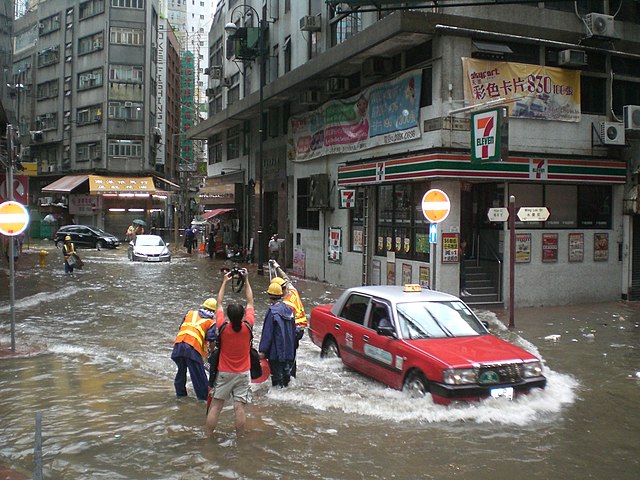 2023 has been a whirlwind of year. From natural disasters to scientific discoveries to landmark policies, we have weathered and experienced plenty!
2023 has been a whirlwind of year. From natural disasters to scientific discoveries to landmark policies, we have weathered and experienced plenty!
To mark Youngzine’s shift to covering climate news, this special edition of "A Year in Review" highlights a few notable stories we’ve covered in 2023.
Extreme Weather
Global warming has continued to exacerbate patterns of extreme weather around the world. In January 2023, California experienced a series of drastic storms and flash floods.
At the same time, however, California and other western states such as Arizona are suffering from severe drought. Governments in these states implemented water conservation measures as groundwater is being drained faster than it can replenish.
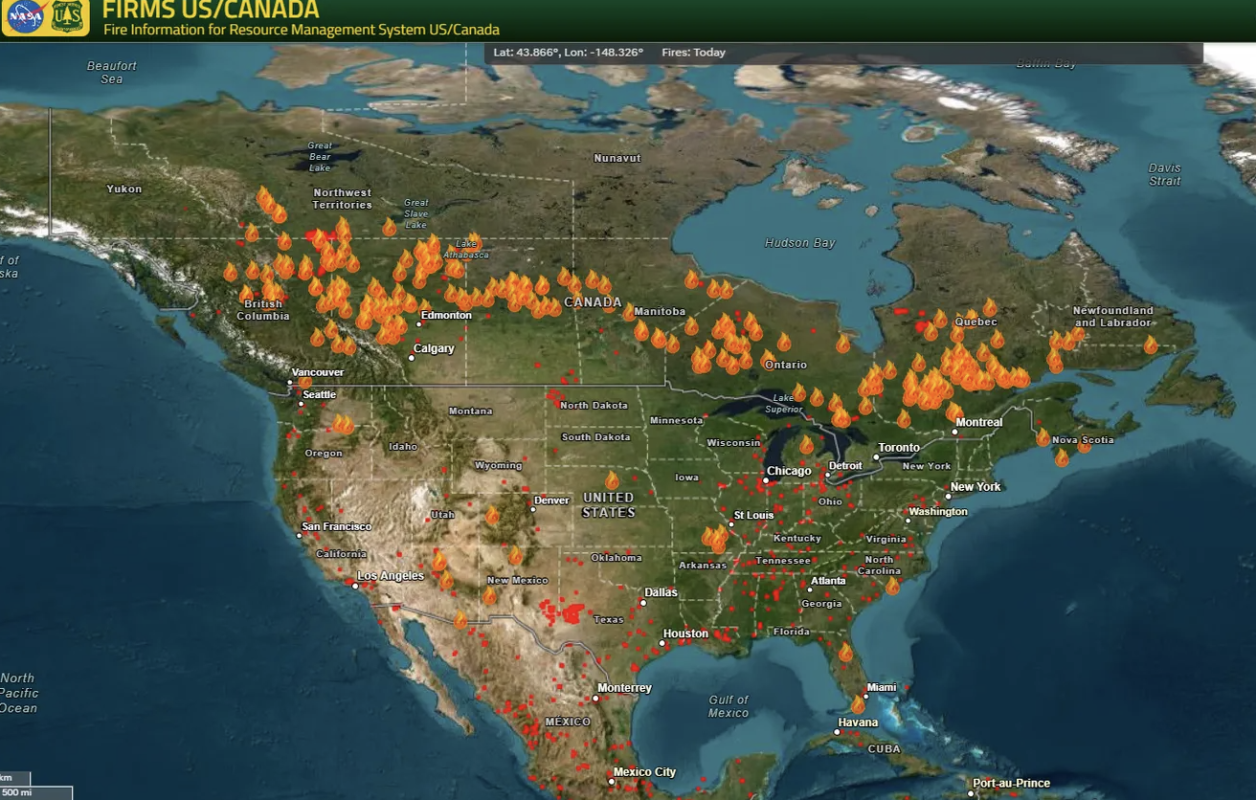 Summer saw a surge of global heatwaves and wildfires. Across Europe, Asia, and the United States, sweltering temperatures broke records. Violent wildfires raged in Greece, Hawaii, and Canada, causing widespread loss of lives and neighborhoods.
Summer saw a surge of global heatwaves and wildfires. Across Europe, Asia, and the United States, sweltering temperatures broke records. Violent wildfires raged in Greece, Hawaii, and Canada, causing widespread loss of lives and neighborhoods.
And in the fall, Florida was battered by Hurricane Idalia, while tropical storm Hilary landed in California. Typhoon Haikui submerged Hong Kong and cities in China. Mediterranean storm Daniel flooded Greece before causing even greater destruction in the small coastal town of Derna, Libya. The storm overwhelmed two dams and destroyed neighborhoods in a matter of minutes. In Acapulco, Mexico, a tropical storm landed as Hurricane Otis, killing dozens and decimating the local economy.
New Milestones for Scientific Progress
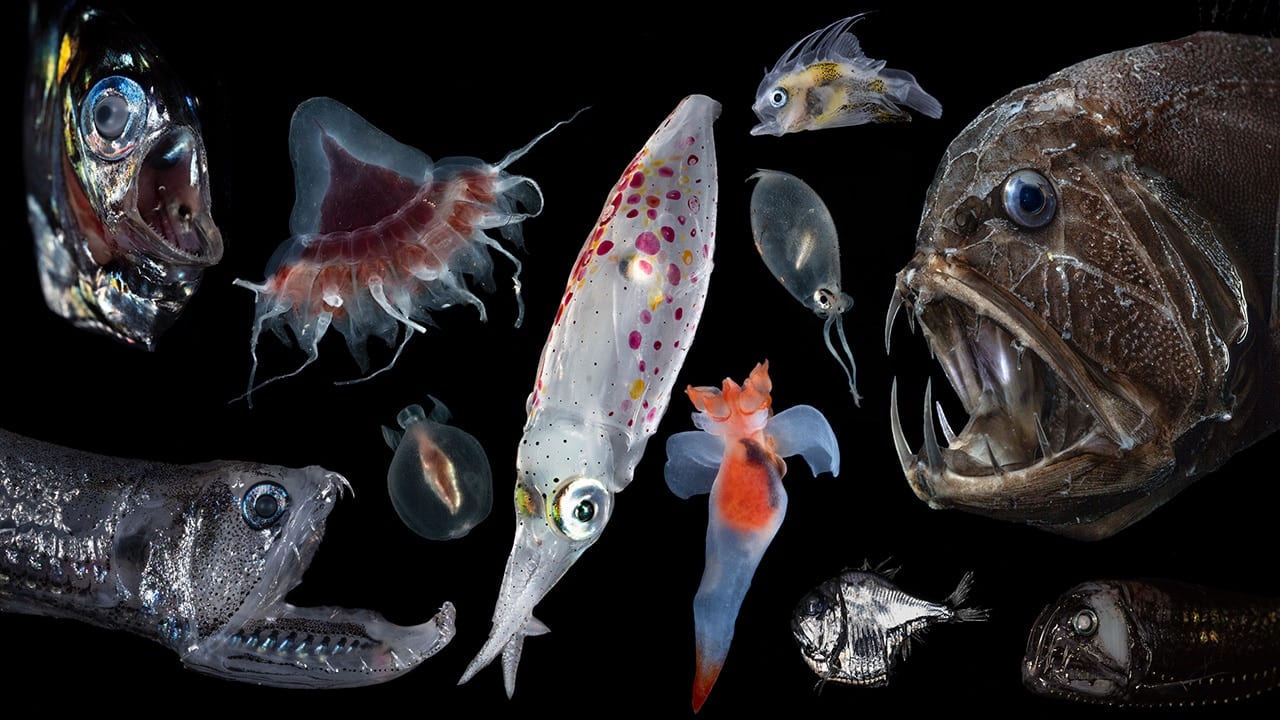 Despite these heartbreaking scenes of devastation, this year saw a score of discoveries that expanded our understanding of global climate.
Despite these heartbreaking scenes of devastation, this year saw a score of discoveries that expanded our understanding of global climate.
Scientists analyzing ancient sediments found that the Arctic used to be much warmer than it is today. Their insights into the migration patterns of plants and animals from two million years ago will help researchers predict how modern species might spread in today’s warming Arctic.
At the opposite pole, sea ice levels have hit a record low in Antarctica. Until 2016, sea ice levels were increasing. However, an extreme heatwave raised water temperatures from -50 to -10 degrees Celsius!
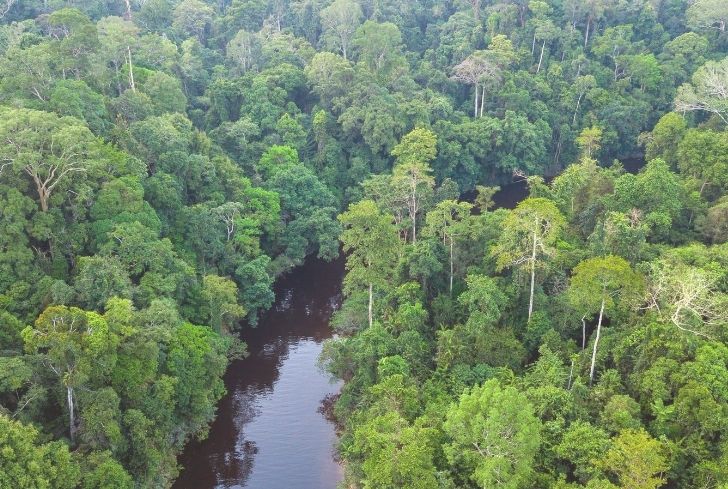 In the deep sea, warmer water can be devastating for the twilight zone. Dwellers of the deep are crucial to cycling carbon in the ocean. Yet, up to 40% of these creatures could go extinct by the end of this century.
In the deep sea, warmer water can be devastating for the twilight zone. Dwellers of the deep are crucial to cycling carbon in the ocean. Yet, up to 40% of these creatures could go extinct by the end of this century.
And at the equator, tropical rainforests are heating up. While plants grow better in warm environments, this study found that there is a threshold. In about 0.01% of leaves studied, the rate of photosynthesis slowed. The researchers’ findings have concerning implications for what might happen when global warming hits 4 degrees Celsius or higher.
Scientists also discovered new facets to how global warming is affecting the planet…and ourselves. Did you know that hotter temperatures can make us act more aggressively?
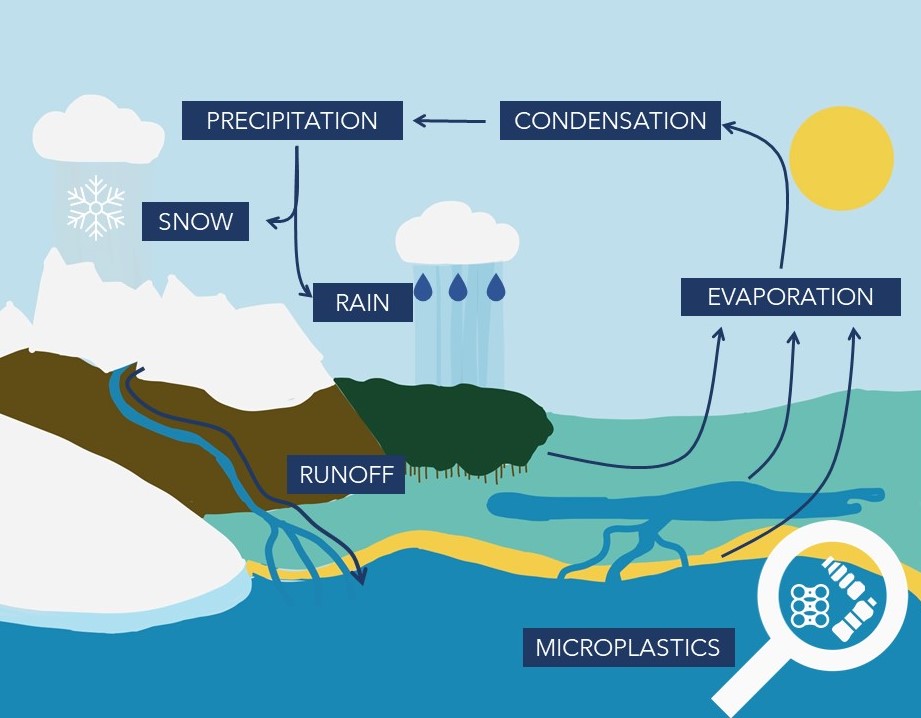 Meanwhile, our usage of plastic products continues to have far-reaching effects on the environment. Japanese scientists found microplastics in clouds! These minuscule pieces of plastic are small enough to pass through the water cycle and could potentially lead to the emission of more greenhouse gases. In another study, microplastics from car tires were found to be the biggest culprits that are polluting our waterways and affecting marine species.
Meanwhile, our usage of plastic products continues to have far-reaching effects on the environment. Japanese scientists found microplastics in clouds! These minuscule pieces of plastic are small enough to pass through the water cycle and could potentially lead to the emission of more greenhouse gases. In another study, microplastics from car tires were found to be the biggest culprits that are polluting our waterways and affecting marine species.
Steps to a More Sustainable Future
New innovations have pointed us to a more sustainable future. A hurricane-resistant town in Florida and a floodwater-retaining dike in Galveston, Texas are significant adaptations as sea levels continue to rise and severe storms become more prevalent.
 Robots that restore corals, ships that sail with the wind, and Singapore's cooling architecture are inspiring for their creativity amidst a warming climate. A new way to harness the natural capture of carbon by rock weathering raises hope for carbon capture technology.
Robots that restore corals, ships that sail with the wind, and Singapore's cooling architecture are inspiring for their creativity amidst a warming climate. A new way to harness the natural capture of carbon by rock weathering raises hope for carbon capture technology.
Landmark policies have also brought historic change and renewed hope for lowering emissions and lessening the severity of climate change.
At this year’s COP28 in Dubai, a $650 million fund for supporting countries affected by climate change was created! The United Nations came together on another groundbreaking treaty for protecting marine life. And in Ecuador, oil drilling was banned in the Yasuní National Park. President Biden has also banned new oil drilling in the Arctic.
 In another historic first, youth aged from 5 to 22 won a landmark lawsuit against the state of Montana, condemning the state's greenhouse gas emissions.
In another historic first, youth aged from 5 to 22 won a landmark lawsuit against the state of Montana, condemning the state's greenhouse gas emissions.
New findings are shining a spotlight on unscrupulous tactics by the oil and gas industry. Climate Trace, for instance, is a powerful tool that helps scientists more accurately map carbon emissions around the world!
In parallel, a study found that scientists at natural gas company Exxon-Mobil made accurate predictions of climate change decades ago in the 1970s. However, Exxon-Mobil has categorically denied climate change and launched disinformation campaigns to mislead the public. With greater awareness of climate science, we can continue to bring attention to industry actions against it.
Overall, 2023 has shown our resilience and ability to adapt to the effects of climate change and achieve positive change in our communities.







